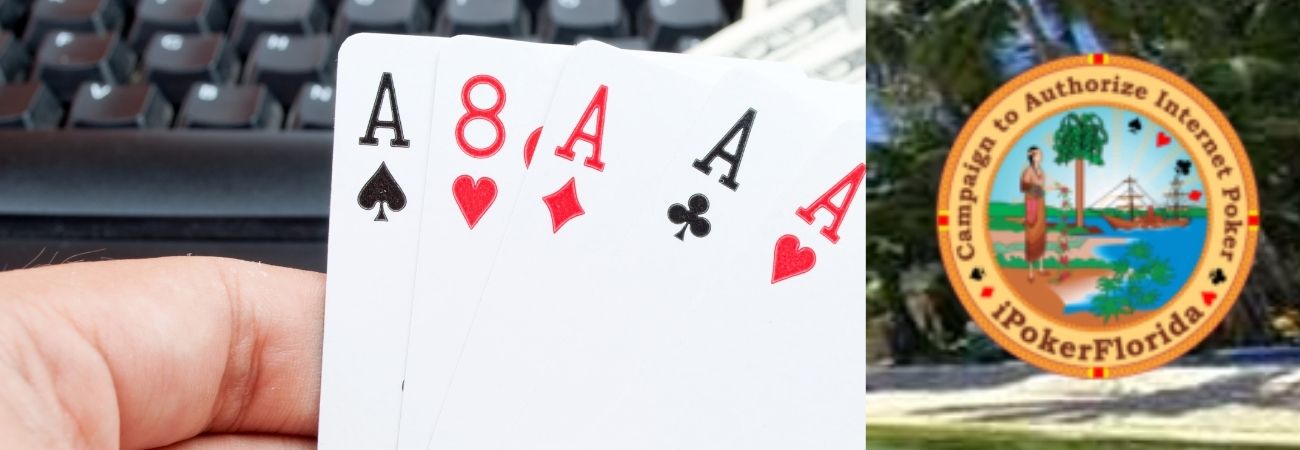Florida has long been an “anti-gambling expansion” state. That may be a surprising statement to make about a state that currently has over 30 active pari-mutuel operators, 24 licensed cardrooms, 8 licensed slots parlors and 8 Indian casinos. In all, Floridians and visitors wager about $4.5B at these facilities annually, and that doesn’t include the over $5B gambled each year in the Florida lottery.

Yet the general political consensus among Florida lawmakers for many years has been to oppose gambling expansion, fueled by conservative Republican sentiment as well as the strong lobbying efforts by Disney to preserve Florida’s “family-friendly” image. The only reason there are racinos (pari-mutuels with slot parlors) in two South Florida counties is that the issue was forced by constitutional amendment through a statewide voter referendum. And the only reason there are full-service Indian casinos is that the issue was forced through the National Indian Gaming Commission by the Seminole tribe.
This month a Florida district court ruled that under the amended state constitution the residents of any Florida county may vote in slot parlors at their licensed pari-mutuels (see this news article). The expansion of slots to outside of South Florida threatens to end all gaming revenue sharing with the state from the Seminole casinos. The issue is far from settled however, as the court suit will continue through an expanded appeal.
Slot parlors would be a lifeline for the pari-mutuels outside of South Florida. They are struggling economically under the weight of dying interest in pari-mutuel games and stiff competition from the Indian casinos. It is a race for many of the pari-mutuels to either find a new source of revenue or close their doors. Authorization for slots is their holy grail, but the positive court ruling turned on a technical reading of the constitutional amendment rather than the obvious interpretation based on intent. It was a 2-1 ruling by a three-judge panel that is unlikely to hold when considered by the full court.
The state legislature, meanwhile, is still not friendly to turning the pari-mutuels throughout the state into racinos. The legislature’s overall preference has been to continue the status quo of exclusivity for the Indian casinos, which is the current cork in the bottle for gambling expansion in the state.
Yet something has to be done to “level the playing field” for the pari-mutuels, to keep them from financial ruin. The next logical revenue stream for them to turn to is Internet poker. As the operators of the Florida licensed cardrooms, expanding their licensing to poker games on the Internet would give them the lifeline they need. It is a natural evolution that doesn’t expand the gaming authorized in the state, nor change the state’s image as family friendly. At the same time, it will bring new jobs and new tourism to Florida. And it won’t cut into the Indian gaming revenues, or the state’s share from it. In fact, it is likely to bring more traffic to the poker rooms at the Indian casinos, as well as at the pari-mutuel cardrooms.
Florida, with the third-largest state population in the country, and an already strong poker economy, has great potential to sustain a vibrant Internet poker market. It is an obvious solution to the current ills in the Florida gaming industry, and a palatable ingredient to Florida politicians in the hot-potato soup of gambling expansion.
